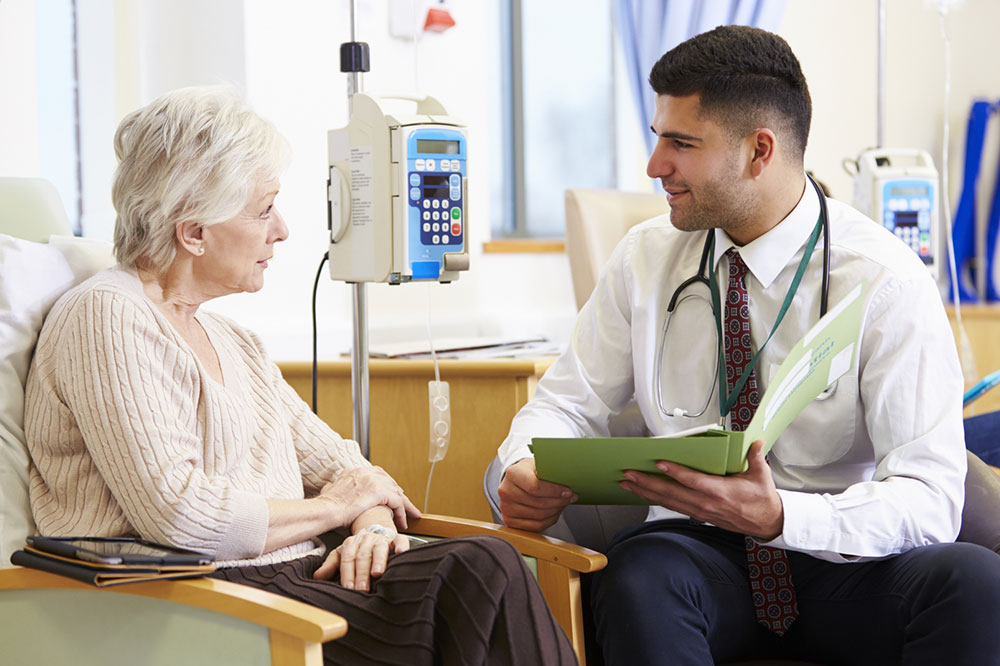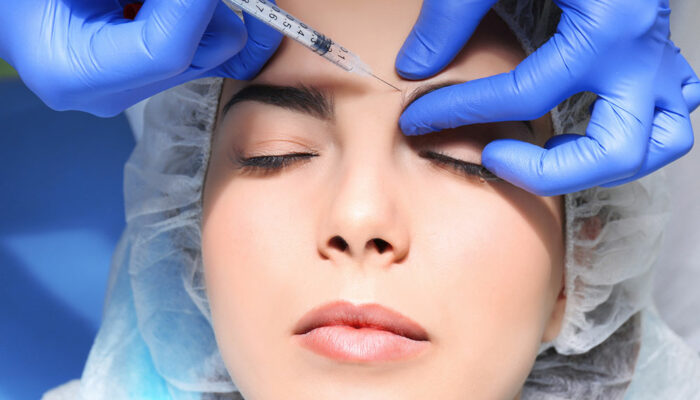
6 Common Side Effects of Cancer Treatments
Millions of people are diagnosed with cancer every year in the country. Although there are several treatment options for the fatal disease, the treatment is strong and can lead to various side effects as well. The disease can be treated if treated at the early stages, but the side effects of the treatment might also affect the quality of life of a cancer patient.
Why do side effects occur?
Cancerous tumors can be aggressive and can spread all over the body. Treating them requires the use of strong chemical-based medicines (chemotherapy) and radiation (radiotherapy). These therapies kill the cancerous cells, but they also affect the healthy cells in the body, leading to several side effects. This article lists out some of the main side effects of cancer treatment and also discusses some ways to manage them:
- Tiredness
Tiredness and fatigue are the main and most common side effects of cancer treatment. The effect of the treatment on healthy cells can cause exhaustion, and this is why more than two-thirds of those undergoing treatment for cancer experience fatigue. This is not the fatigue one experiences during fever. Instead, it is so severe that it affects the person’s quality of life. Rest, counseling, and therapy can help manage this side effect. - Nausea
Cancer treatment also affects the cells of the digestive system, and it may also kill good bacteria that help in the digestion process. This results in the digestion process being affected. In addition, this can cause digestive problems, with nausea being the most common symptom. A healthy diet and maintaining adequate water intake to stay hydrated are some ways to manage nausea. - Diarrhea
Cancer treatment, particularly related to cancer of the digestive organs, can affect the working of the digestive system. This causes diarrhea, and the best way to treat it is to drink plenty of water and follow a healthy diet. - Hair loss
One of the most common side effects of cancer treatment is hair loss. Along with cancerous cells, healthy cells are affected during treatment, which leads to the destruction of hair follicles, leading to hair fall. It must be noted that this is not permanent; hair loss occurs during treatment, but it grows back once the treatment is complete. - Reduced sex drive
Those who are treated for prostate, testicular, and bladder cancer, as well as people treated for cancer of the reproductive systems, are likely to face the problem of a decreased sex drive. The strong radiation and medications affect the hormonal system, nerves, and blood vessels that manage sexual function, resulting in sexual dysfunction. - Skin problems
Cancer therapy can cause allergic reactions and lead to severe itching and redness. Another main side effect of cancer treatments is that the color of the nails is affected. The use of mild soaps and fragrance-free lotions can help alleviate these issues.



